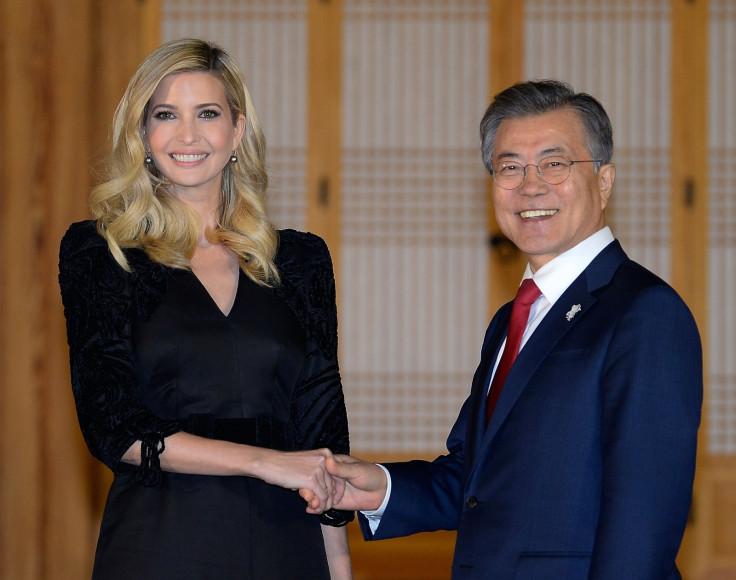Will the US and North Korea hold face-to-face talks anytime soon?
The South Korean president has asked Washington and Pyongyang to lower their expectations before engaging in a dialogue.
There is no doubt North Korea's diplomatic charm offensive through the recently concluded Winter Olympics has had an impact on the Korean Peninsula. However, it remains to be seen whether it will provide or at least pave the way for a political breakthrough in the volatile region.
Towards the end of the Olympics events, Pyongyang had opened up and showed a willingness to hold direct talks with the US, a country which the North regards as its primary enemy. It was certainly an unexpected overture shown by the hermit kingdom, especially after it had emerged that the country had pulled out of discussions during the opening ceremony.
Tensions in the Korean Peninsula have relatively eased up in recent weeks after the North Korean regime agreed to send its athletes to take part in the Olympics, which were being hosted by its southern neighbour. The sports diplomacy was widely expected to at least lead to further discussions between the Koreas.
With the diplomatic impasse and economic clampdown intensely pressurising the Kim Jong-un regime, the country is undoubtedly looking for ways to crawl out of such an atmosphere, which was evident from the makeup of the delegation sent by the hermit kingdom for the closing ceremony of the Winter Olympics. Led by Kim Yong-chol, vice-chair of the ruling Korean Workers' Party's central committee, the eight-member team included North Korean officials who oversee the country's nuclear programme and also a key personnel in charge of US-related matters.
Ivanka Trump, US President Donald Trump's daughter, and a member of the White House, was also present in South Korea when the North had made the invitation. However, Washington has said that there has still not been any official contact between the two sides.
Responding to North Korea's offer, the White House swiftly issued a statement, saying, "We will see if Pyongyang's message today, that it is willing to hold talks, represents the first steps along the path to denuclearisation."
It added, "In the meantime, the United States and the world must continue to make clear that North Korea's nuclear and missile programmes are a dead end."
South Korean President Moon Jae-in then quickly intervened to exhort both sides to lower their respective expectations in order to move towards a dialogue process.
"The United States needs to lower its bar for dialogue and the North, too, must show its willingness to denuclearise," the South Korean president said on Monday, 26 February, insisting that discussions are a necessary component to bring stability to the region.
"It is important so that the US and North Korea may sit down face-to-face," he added.
Despite the latest developments, which show signs of improvement, there is also the possibility of an immediate collapse of the situation, especially given how unpredictable the North Korean regime is and how much of a diplomatic leeway the aggressive Trump administration is willing to offer.








